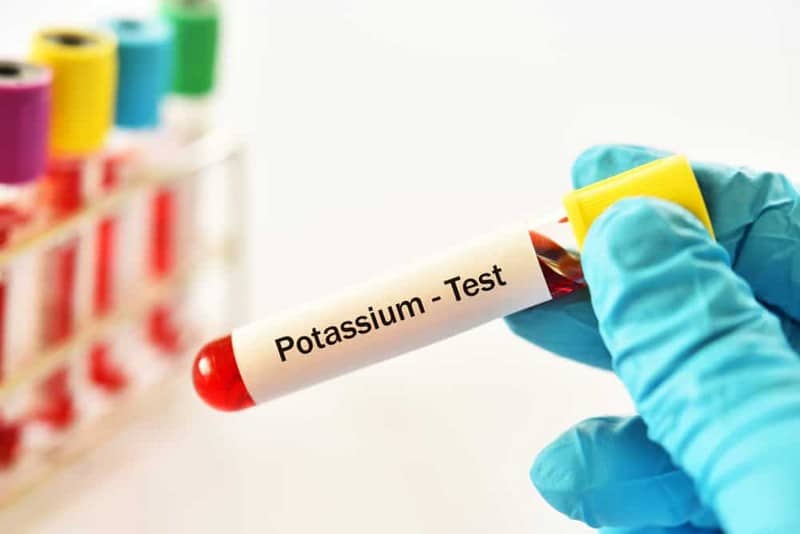Potassium Deficiency

Potassium deficiency is also known as hypokalemia, and it occurs when the blood potassium levels are lower than 3.5mmol per liter. While many people typically don’t meet their daily potassium needs, the amount of potassium you have to lack to cause hypokalemia is extremely low. It’s why those who don’t meet their daily dose but still tend to absorb potassium now and then are fine. Usually, it’s a combination of different factors that leads to potassium deficiency, which includes symptoms such as general weakness and hand numbness.
Specific risk factors for potassium deficiency include malnutrition, dehydration, certain medications, and various medical conditions. It’s an uncommon deficiency as the body is usually good at maintaining balance despite lacking vitamins and minerals. Potassium deficiency is something that people only suffer from through a combination of different risk factors. Of course, those with medical conditions that make it challenging to absorb potassium will get hypokalemia much easier than others. Knowing how you can get more potassium in your system is a good idea. For example, taking the time to eat a banana a day can do wonders for the body.










